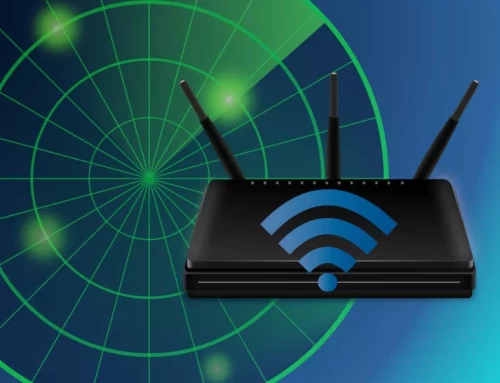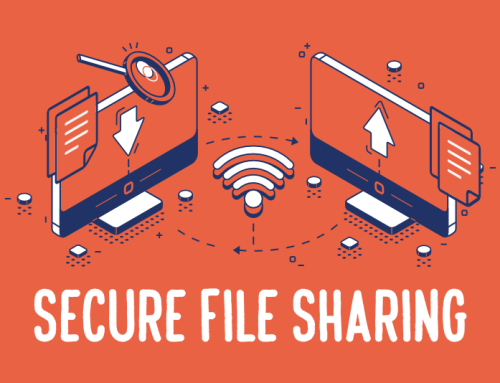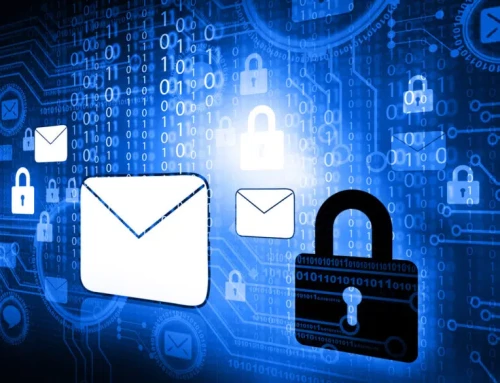Safe Downloads
Downloading files and software has become a necessary part of life in the current digital era. We depend on downloads for a variety of things, including apps, games, documents, and media. To protect our devices and personal information, it is essential to prioritize safe downloads in light of the increase in cyber threats and malicious activities. In this article, we’ll look at key advice and recommended methods for making sure downloads are secure.
Trustworthy Sources
Getting files from reputable sources is one of the fundamental components of safe downloading. Use well-known platforms like official app stores (like the Google Play Store or the Apple App Store) or reputable websites. Downloading files from unidentified or dubious sources should be avoided because they might contain malware or other harmful components.
Verify the Authenticity
Make sure the source is legitimate before beginning any downloads. Look for verified logos, security certificates, or official developer signatures. By taking this step, you can help ensure that the file you are downloading is authentic and hasn’t been tampered with or copied.
Read User Reviews and Ratings
User evaluations and ratings can give important information about a download’s dependability and safety. Read through reviews and evaluate the file or software’s general reputation before continuing. It is best to avoid downloading anything if there are numerous negative reviews or cautions about potential risks
Use Antivirus and Security Software
Protecting your devices from malicious downloads requires making an investment in reputable antivirus and security software. These programs have the ability to scan files for potential threats and offer live malware, spyware, and other harmful element protection. To make sure your antivirus program can effectively detect the most recent threats, keep it updated.
Check File Authenticity and Scan for Malware
Even when downloading files from reliable sources, it is wise to verify the file’s legitimacy and run a malware scan on it before opening or installing it. To scan the downloaded file for viruses, use a trustworthy antivirus program, or submit it to an online virus-checking service. This procedure adds another layer of defense against any potential dangers.
Educate Yourself about Phishing Scams
Phishing scams are still a major threat in the digital world. Be cautious when downloading files or clicking on links in emails, social media posts, or websites, and keep up with common phishing tactics. When someone asks for your personal information or urgent action, be wary and double-check the source’s credibility before responding
Be Cautious with Email Attachments
Malware and phishing attacks can frequently be spread through email attachments. When downloading attachments, use caution even if the source seems to be a reliable one. Be wary of unexpected or unsolicited emails, especially if they ask you to download files or include attachments. Before opening any attachments, check the sender’s identity and scan any provided files.
Safe downloading practices are crucial for maintaining the security of your computer or device. Here are RAM antivirus-related topics and considerations when it comes to safe downloading:
Official Websites: RAM Antivirus knows Encourage users to download software and updates from official websites or trusted app stores, rather than third-party sources. Discuss the risks of downloading from unofficial sites.
RAM Antivirus Software: Explain the need for reliable antivirus software with real-time protection that can scan downloads for malware before they are executed.
File Verification: Discuss the importance of verifying file integrity through checksums or digital signatures, especially for critical software downloads. Explain how to check the authenticity of files.
Malware-Free Software: Highlight the risks of downloading cracked or pirated software, as these often come bundled with malware or compromised licenses.
File Extensions: Discuss the importance of being cautious with executable file extensions (.exe, .msi, .bat) and script files. Warn against downloading and running such files from untrusted sources.






